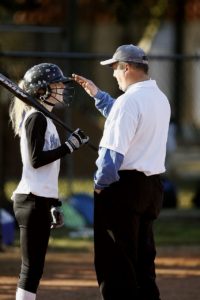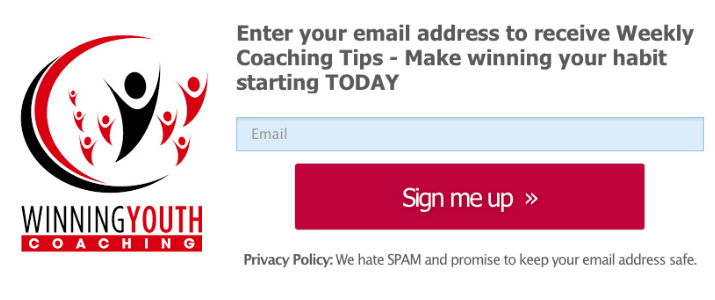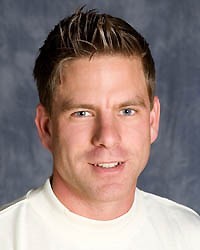September 21, 2018
Quite often I talk too much
Last week I wrote about the first huge takeaway I had at a recent level 1 certification class put on by U.S. Lacrosse, Are you a palms-down coach or a palms-up coach?
The second principle that really hit home was the concept of Guided Discovery.

Quite simply, it is the concept of letting those you coach learn through their mistakes. Contrast that with the old-school approach of telling them in excruciating detail exactly how to do something.
Picture yourself teaching a new skill, I’ll use picking up a groundball in lacrosse as an example:
Old way:
- You spend 10 minutes explaining the proper way to pick up a groundball, you demonstrate it, and you tell them all the reasons it’s important to do it ‘your way’ and the bad things that can happen if they don’t do all the things you’ve shown them. Then you let them try it and you walk around correcting mistakes.
Guided Discovery:
- You start by playing ‘hungry-hungry-hippo’ with lacrosse balls by splitting the group into 2 teams, throwing a bunch of balls on the ground, and tell them it’s a race to see who can pick up the most balls and put them back on their side.
- After a couple of rounds of this, you ask the group what seemed to work well when picking up the balls, and what seemed to not work so well. Maybe they say ‘it works better to use 2 hands instead of 1, and it works better when I bend lower and put both hands really close to the ground.’
- You acknowledge their ideas and suggest trying another round or two using some of those concepts.
- And you keep adding constraints as their skill level gets higher
Which method do you think will get more buy-in and understanding from the athletes?
This concept reminded me of a great question coaches can ask, as written about by Michael Bungay Stanier in his book The Coaching Habit – Say Less, Ask More, and Change the Way you Coach Forever:
The AWE Question – ‘And What Else?’
When talking with the players on our teams, instead of continually offering solutions, instead ask them ‘And what else?’ or ‘Tell me more.’ Then listen and seek to deeply understand.
I often fall into the trap of thinking that if I explain something clearly, people will naturally understand. But that’s not how most people learn. People learn by doing. Failing. Figuring it out on their own. Discovering. Solving.
My job as a coach is to teach these young men and women. And if people learn by discovering solutions vs. being told them, that’s what I need to do. Talk less and listen more.
–
A thank you to our sponsor who makes WYC possible – check them out:






